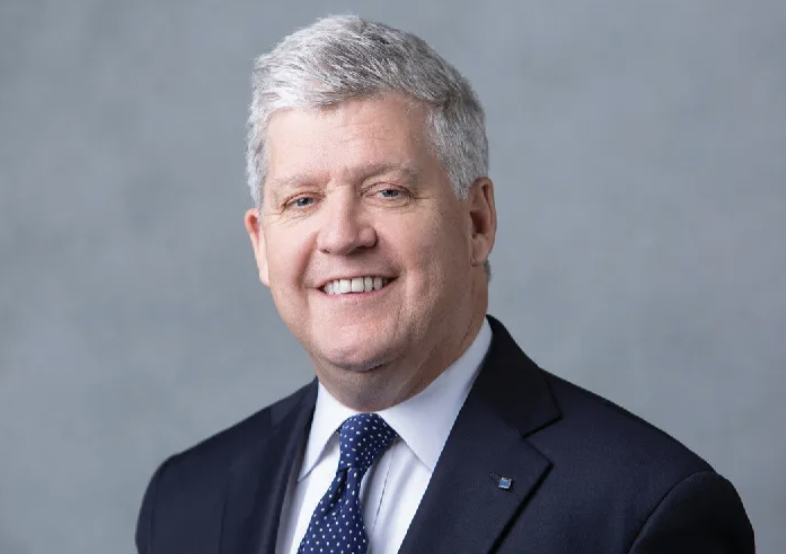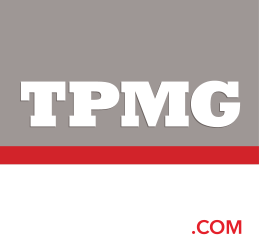January, 2024- AI, supply chain instability and climate dramatically influence manufacturing. TRUMPF Inc. Executive Vice President BURKE DOAR shares how fabricators can stay ahead of coming changes.
Q: How do you see AI changing the industry? What can fabricators do to keep up?
A: At a recent AI panel discussion that I participated in, one speaker noted that MIT researchers found the amount of digital data being created globally is doubling every two years. Assimilating the lessons found within this staggering amount of new information can provide an advantage to our customers. The good news is that AI is scalable, and fabricators can integrate AI at different levels. AI assists us in making more intelligent choices. Consider how AI is helping fabricators gather and adjust data in real time. Through analysis of machine data, AI can help us detect patterns and suggest ways to schedule future jobs to maximize production. Connected tools enable greater productivity and decrease costs. We have been using machine learning to make process improvements for a long time, but the process is now getting faster. Used as a tool, AI can accelerate and augment our customers’ ability to get work done. For example, TRUMPF’s service app makes it faster and easier to order spare parts. Thanks to AI’s object recognition, ordering a replacement spare part only requires the simple point and click of a smartphone. Another example of how AI improves life on the shop floor—particularly in understaffed welding groups—is the new Smart Seam Tracking technology on TRUMPF’s TruArc Weld 1000. The technology simplifies and speeds up the programming of weld spots and enables the arc welding cobot to not only calculate its own weld path within seconds but also correct it online while welding. Additionally, the sensor corrects any part misalignment and actively compensates for any thermal deformation during welding.
Q: How can fabricators continue to protect their business from future supply chain issues?
A: Supply chain instability has had a dramatic effect on manufacturing over the last few years. It isn’t just the unavoidable disruptions caused by global pandemics, strikes, dramatic weather and accidents, political and economic conflicts are also highlighting the need for a closer look at supply chains and localized production. To stay robust and sustainable, many companies are shortening their supply chains and increasing onshoring projects. North America has a strong and resilient manufacturing industry that’s continuing to evolve, and the infrastructure is there for companies to ramp up production. According to the U.S. Census Bureau, manufacturing construction activity has risen 65.9 percent in the last 12 months, with sizable investments made in the manufacturing sector to expand U.S. capacity. To help support production growth here in the United States, TRUMPF is expanding its Connecticut production facility by 55,800 square feet for the manufacture of automated systems, laser cutting and welding machinery. TRUMPF is investing $40 million into the project, which includes a Smart Factory to demonstrate advanced and automated sheet metal production. The new building not only increases local production of precision fabrication machinery but also will inspire and teach our customers how to implement connected manufacturing.
Q: Shortening supply chains also reduces carbon emissions. What other benefits can fabricators obtain from embracing sustainability?
A: Environmental sustainability is becoming a business necessity. American manufacturers consume one-third of the nation’s energy resources. Sustainability projects not only save energy and material but also can increase companies’ overall efficiency and profitability. TRUMPF supports customers in reducing their carbon footprint. We do this by producing machines and laser systems with intelligent functions and by optimizing production processes to save energy and materials and reduce per-part costs. For example, technology such as our Highspeed Eco function reduces the amount of cutting gas needed and results in a laser cutting process that uses 70 percent less energy. Also, TRUMPF systems can be adapted to new efficiency requirements and climate protection regulations, thanks to product enhancements and retrofitting. Whether with AI, shortened supply chains or reduced carbon footprint, TRUMPF is dedicated to finding sustainable solutions and innovative products that help fabrication and manufacturing continue to thrive into the future.
BURKE DOAR is the executive vice president of TRUMPF Inc. ( ). Doar joined the company in 2002 as vice president of customer services; was promoted to vice president, sales and marketing in 2003; and named senior vice president in 2014.












